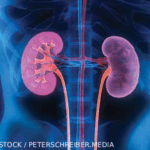A recent trend to incorporate patient-reported outcomes (PROs) in clinical research, and ultimately clinical practice, is a response to the need to better measure and treat what patients truly care about, and adapt to the changing healthcare environment, which increasingly includes patient satisfaction as a key metric for overall quality of care, a metric tied…








